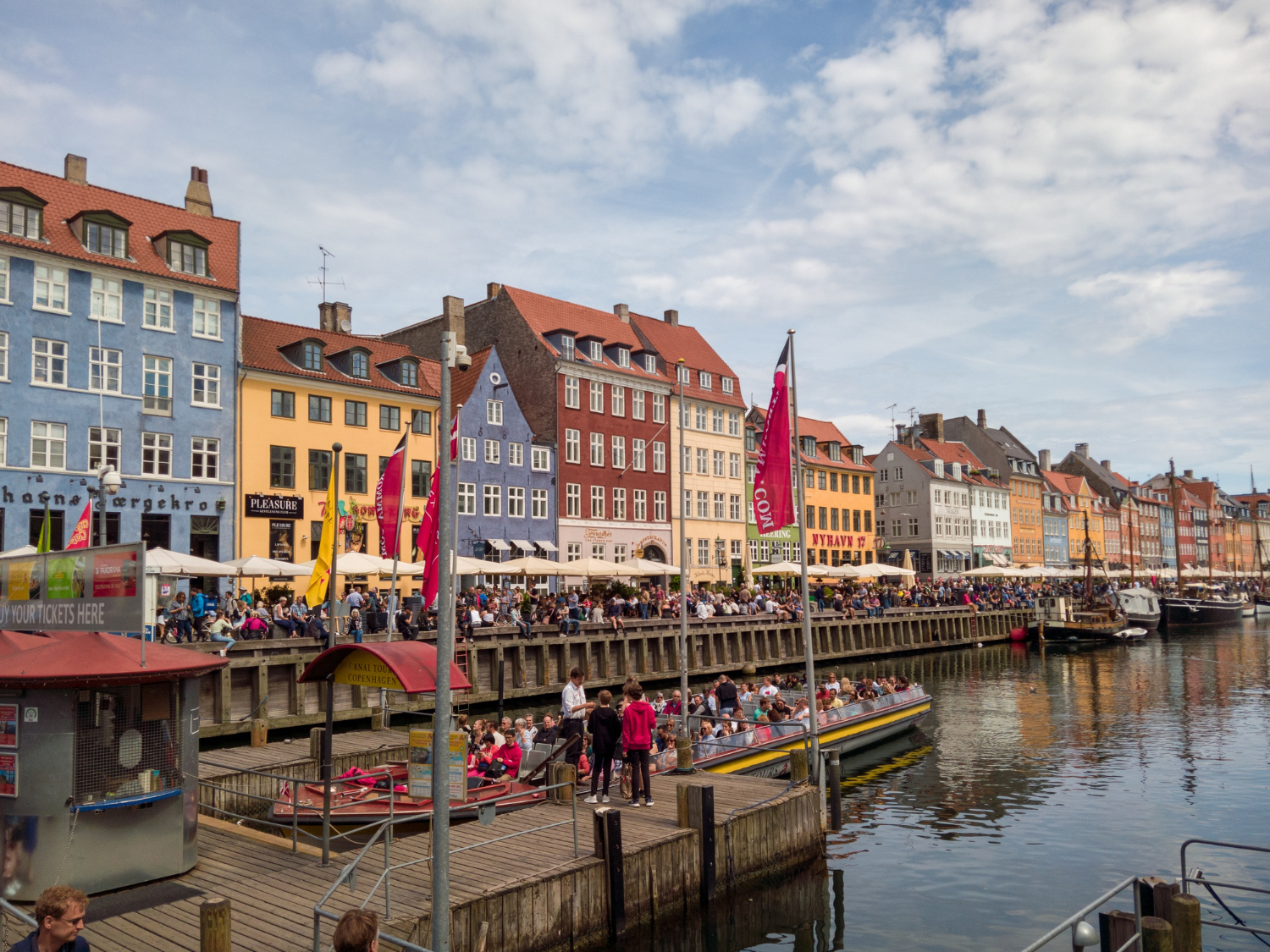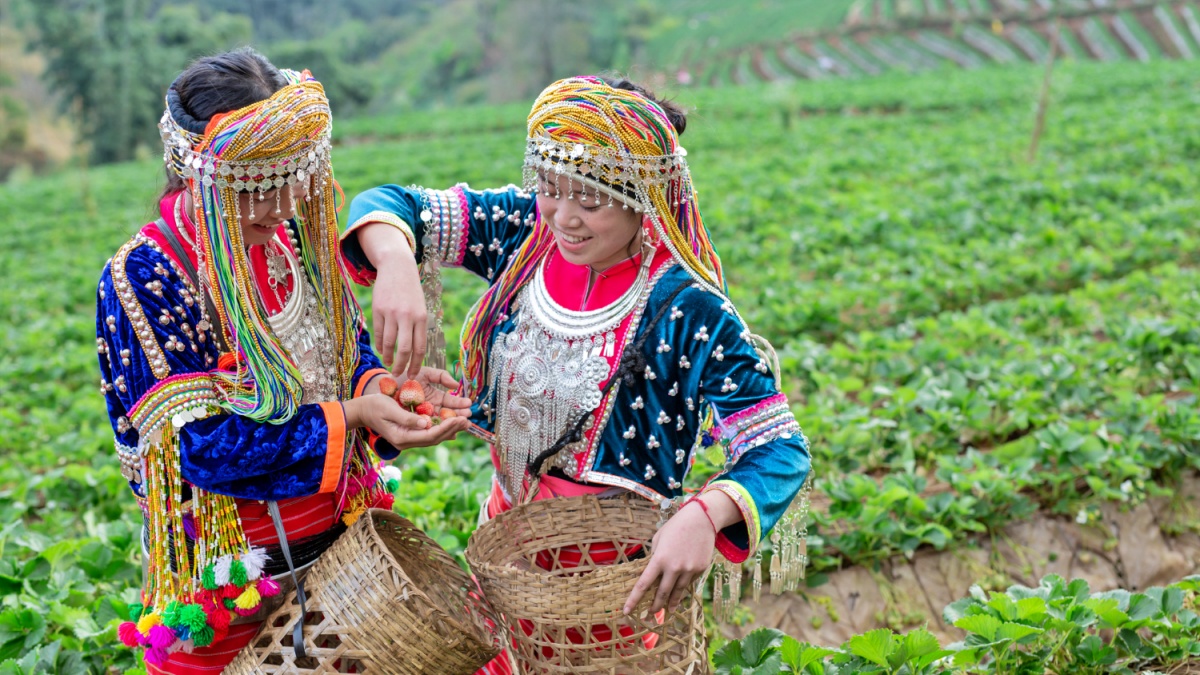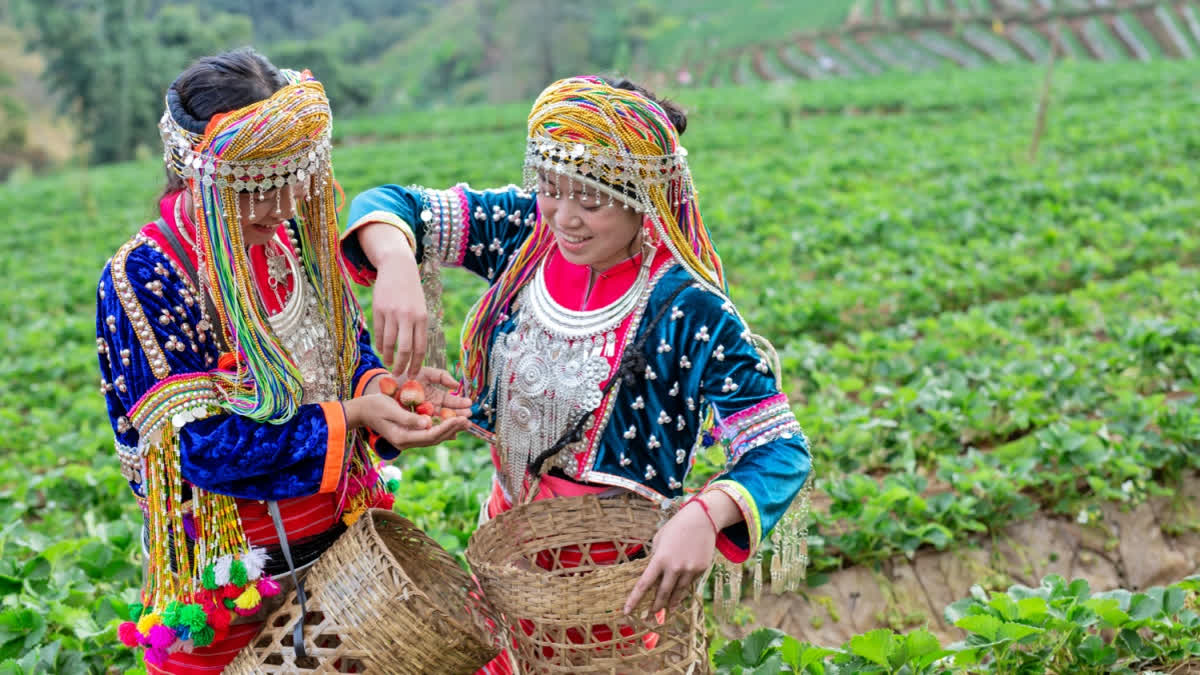World Kindness Day today might not seem as grand as Valentine’s Day or as marketable as Black Friday, but it’s a global celebration with roots that go deep and wide. Established in 1998 by the World Kindness Movement (a coalition of various kindness organizations across the globe), this day was created as a reminder that kindness is the glue that holds humanity together.
World Kindness Day encourages people everywhere to engage in small (or massive) acts of generosity and goodwill.
Of course, in our country, kindness is as ancient as its oldest scriptures. The phrase Atithi Devo Bhava, meaning “The guest is God,” encapsulates our tradition of hospitality. Indian culture insists on treating guests as divine visitors. In Rajasthan, people offer sweets and water to travelers as they believe in padharo mhare desh, a traditional welcome that translates to “come to our land.” In Telangana, it’s common to offer a meal, even if it means sharing the last bit of food in the kitchen.
Kindness isn’t bound by borders, languages, or customs. In honour of this day, ETV Lifestyle is taking a journey to discover how kindness is celebrated across other cultures.
1. Omotenashi in Japan
Japan takes hospitality to an art form with omotenashi, which loosely translates to selfless hospitality. In Japan, kindness means anticipating others’ needs and offering help without expecting anything in return. From meticulously arranged tea ceremonies to hotel staff carrying guests' bags with silent, reverent efficiency, omotenashi is about creating a seamless, comfortable experience for others. It’s not uncommon for shopkeepers to offer free samples or wrap gifts beautifully as a gesture of respect.
2. Samfundssind in Denmark
In Denmark, kindness has an almost civic flavour called samfundssind, which translates to “community spirit.” The Danes have mastered the art of social responsibility, and during challenging times, this concept comes to life in remarkable ways. During the pandemic, Danes collectively adhered to guidelines to protect their community’s health. It’s kindness done with a practical edge.

3. Fare Bella Figura in Italy
Here, kindness has a stylish twist. The Italian concept of fare bella figura, or “making a good impression,” is about looking good and making others feel good too. Italians take pride in the art of the graceful gesture. Whether it’s a next-door-neighbour offering freshly made pasta sauce, a friend bringing an extra bottle of wine to dinner, or simply lending a helping hand.
4. Gross National Happiness in Bhutan
Bhutan measures success not by GDP but by Gross National Happiness. This philosophy incorporates kindness as an essential part of national identity. Bhutanese people practice tha dam-tshig (loyalty and compassion), valuing relationships over transactions. From monks offering blessings to travellers to locals sharing meals and wisdom with tourists, Bhutan’s cultural fabric is woven with acts of kindness.

5. Merhaba in the Middle East
In many Middle Eastern countries, particularly in the Arabian Peninsula, hospitality is a matter of honour. The phrase Merhaba means “welcome”. Guests are offered dates, coffee and often a full meal even if they’re just stopping by for a quick chat. Bedouin traditions of kindness dictate that a guest is to be treated like family, with hosts often going out of their way to ensure their comfort. To refuse food or drink offered by a host is seen as a slight.
6. Ubuntu in South Africa
Ubuntu is a philosophy of interconnectedness. The phrase means “I am because we are,” capturing the idea that one’s humanity is bound up in others’. Ubuntu means sharing what little you have with a neighbour, supporting your community, and always being aware of your place within a larger human family. South Africans embody this idea by viewing kindness not as an option, but as an obligation to the collective.
7. Jeong in South Korea
Jeong is a feeling that grows over time, deepening with each shared experience, meal, or act of consideration. In South Korea, offering food to neighbours or going out of one’s way to help a friend isn’t just kindness, it’s a demonstration of jeong. This cultural practice reveals that kindness is often about investing in relationships, creating lasting bonds that go beyond words.

8. Cèilidh Spirit in Scotland
The Scottish cèilidh spirit, while commonly known as a social gathering with music and dancing, also encompasses the generosity and warmth of the Scottish people. Kindness in Scotland means inviting strangers to join the party, sharing a hearty meal and extending hospitality with a sense of camaraderie. The Scots are known for their friendliness, with locals in the Highlands going out of their way to help travellers or show them around. Kindness here is a lively, communal affair, best enjoyed with some traditional music and perhaps a dram of whiskey.
Kindness takes on many forms but holds a singular power to bring people closer. Whether it’s sharing a meal, extending a hand, or simply listening, kindness reminds us of our interconnectedness, so go out of your way to be kind today.



